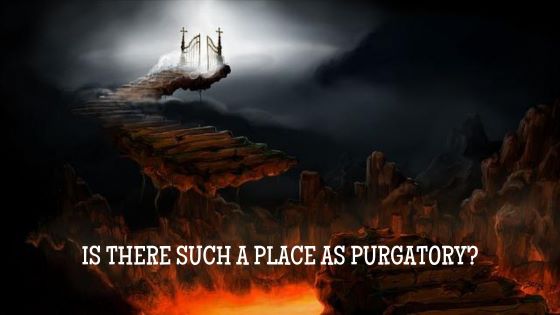What is the Doctrine of Purgatory?
The Bible teaches that death closes the period of probation that all of us have here on earth and after death comes the judgment (Hebrews 9:27). All those who die will spend eternity in heaven or hell. But before we reach our final destination, everyone is in a state of conscious existence after death. Believers … Read more

